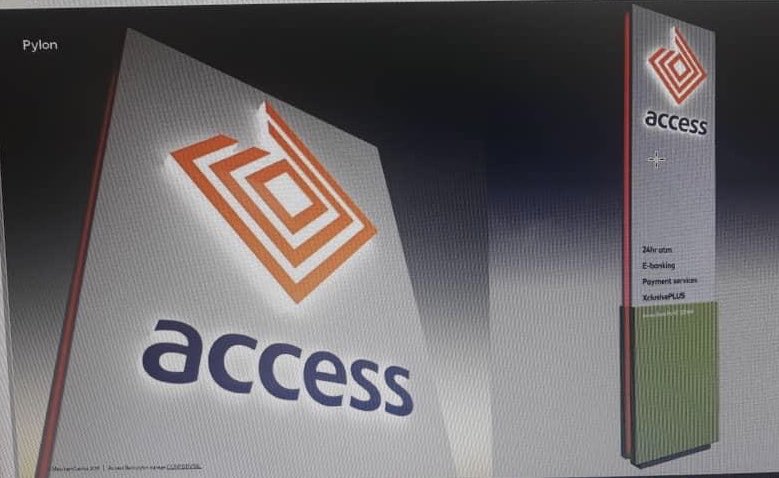
An Analysis By Vivian Ihechu
The World Bank indicator estimates the fertility rate in Nigeria to be 5.5 as at 2017, meaning that an average Nigerian woman can have at least five children in her life time.
https://data.worldbank.org/indicator/SP.DYN.TFRT.IN?locations=NG
Another indicator, Knoema, says the total fertility rate for Nigeria as at 2019 stood at 5.32 (children per woman), a gradual decline from 6.47 children per woman in 1970 to 5.32 children per woman in 2019.
While couples are procreating, many are still experiencing one form of infertility or the other, hence the clamour to seek assisted reproductive alternatives to become parents.
One of the most successful assisted reproductive technologies is the In-Vitro Fertilisation (IVF).
It involves many processes and steps where the ovaries are stimulated to develop multiple follicles, within each one is an egg, by using “fertility drugs”; the eggs are fertilised with sperm, cultured and develop into embryos.
After monitoring, one or more embryos are inserted directly into a uterus and pregnancy may occur.
IVF in Nigeria is incidentally not so affordable and an average cycle of IVF costs about a minimum of N870, 000.00, exclusive of drugs.
To mitigate the emotional, psychological and cultural trauma associated with infertility and not having a `biological’ child, especially in a society like ours, the Access Bank has partnered with some health institutions by providing financing options to enable them receive quality healthcare services.
This partnership is supported by the “W” Initiative flagship health solution — Maternal Health Service Support (MHSS), designed to help families overcome financial challenges in their quest for parenthood and wellness.
One of such partnerships is with the University College Hospital (UCH) IVF Center to provide affordable fertility treatments for the public.
Speaking on the collaboration with UCH IVF Center, Victor Etuokwu, Executive Director, Retail Banking Division at Access Bank Plc., said that one of the challenges faced by individuals and couples trying assisted reproductive conception is the high costs involved.
“ In line with the Sustainable Development Goals (SDGs) No. 3 on global health and well-being for all, we believe that this partnership will ease the burden of affordability and increase accessibility to quality fertility treatments.
“We are proud to have this laudable partnership with a renowned health institution such as the UCH.
“Over hundreds of families have benefited from the MHSS financing solution in accessing quality fertility and maternal health treatments and we have recorded scores of babies birthed from this scheme,” Etuokwu said.
Speaking with the News Agency of Nigeria (NAN), Abdul Imoyo, Head, Media Relations, Corporate Communications, Public Relations and Media, Access Bank, said the gesture was part of the institution’s commitment to ensuring total well-being of women
Also, worthy of note is that the MHSS is not limited to fertility treatments, natal support and other specialised procedures such as hysterectomy (uterus removal), myomectomy (fibroid removal), dental, bariatric (weight loss), orthopedic treatments are also covered.
Women interested in fertility treatments can visit the UCH IVF Center for consultations and access financial support from the Bank through their service touch points – www.thewcommunity.com, or send a direct email to [email protected] or call 01-236-4875.
NAN reports that in 2019, Access Bank Ltd in conjunction with Hygeia HMO launched a scheme for In-Vitro Fertilization (IVF) treatment where the financing will cover post investigation, technical fees, drugs, donor eggs and donor sperm cells as required in each case. (NAN)
